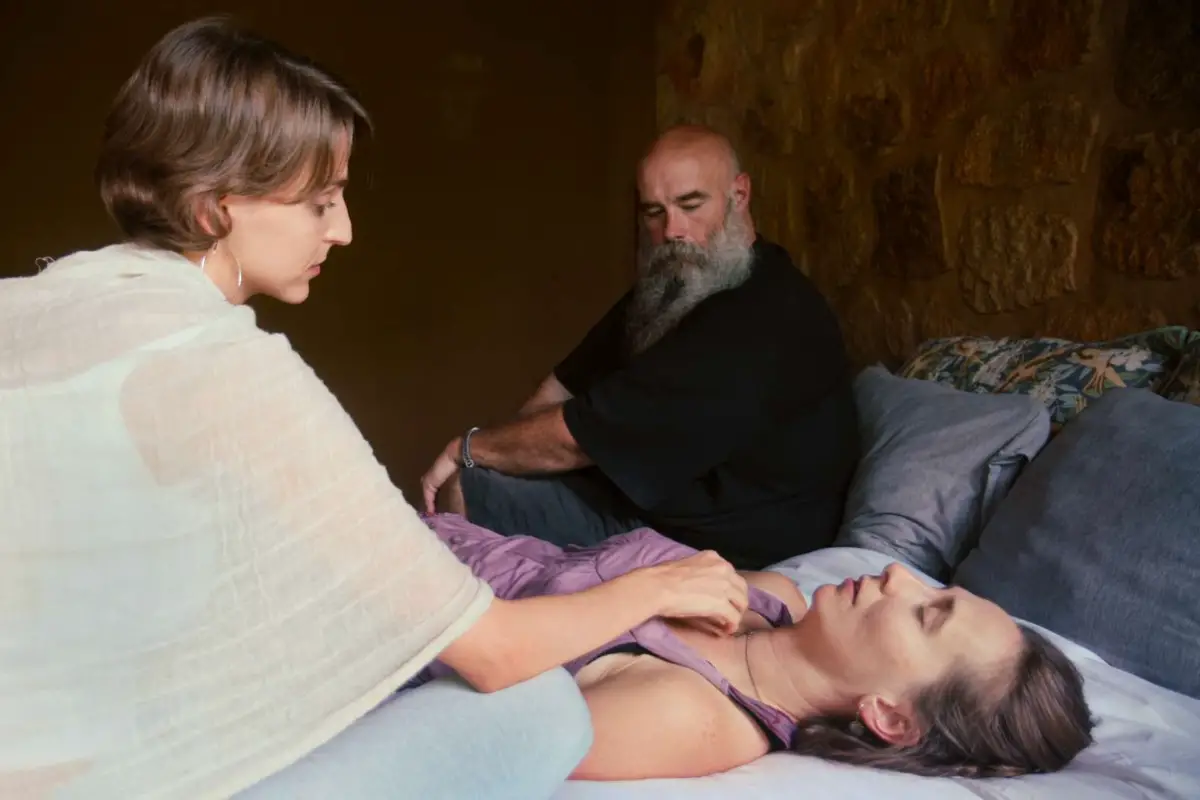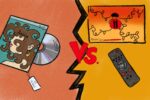In the past few years, we’ve seen the concepts of health and wellness become a booming industry that widely caters to millennials and Generation Z. But what is the wellness industry, really? And what does it encompass? The meaning is very broad and covers a variety of practices. It’s basically any activity that promotes mental or physical health, or puts an emphasis on fitness, nutrition and overall well-being. It also includes the idea of using alternative methods instead of Western medicine and health care. A new six-episode Netflix docuseries, “(Un)Well,” takes an inside look at a variety of wellness trends that come with significant risks.
The multitrillion-dollar industry has changed a lot recently. Practices like yoga, meditation and other health trends have become increasingly popular in the past decade. But there’s another side to the wellness industry that’s beginning to show up in pop culture — controversial practices that have the potential to be fraudulent and even deadly.
Each episode of “(Un)Well” dives deep into one of these topics; it includes interviews from experts, medical professionals and believers in the trend.
The Controversy Over Essential Oils
One of the more controversial episodes is the first one, which discusses the effects of essential oils. The episode follows different people who are integrating essential oils into their lives for one reason or another.
“(Un)Well” focuses on Young Living and doTerra — two multi-level marketing companies that specialize in essential oils. The episode instills a sense of confusion in the viewer about the medical validity of these oils.
In the United States, making medical claims about essential oils is illegal. Medical professionals in the episode discuss how there’s no real proof these oils can cure any diseases; they can only work in tandem with medication to reduce anxiety, as they can help people cope with the healing and recovering process.
Yet, despite the evidence, a few of the people highlighted in “(Un)Well” believe essential oils have the power to cure various illnesses. One of these people is Allison Huish, a doTerra distributor who makes a six-figure salary with the company. She credits essential oils with saving her life after using them to treat a severe disease she had as a child.
We also meet Dr. Z, a man who runs NaturalLivingFamily.com, an essential oils blog that reaches over 5 million people a year. His family uses oils on a daily basis in their soaps, lotions and food, and Dr. Z also believes they can cure cancer.
Throughout the episode, we see distinctly differing beliefs on what essential oils can actually do for you. For example, Huish and Dr. Z believe they can be ingested and used in recipes, while most professionals discourage this.
The Cultural Appropriation of Tantric Sex
Essential oils are just one of the many controversial topics covered on “(Un)Well” for being a sketchy part of the health industry. Some of the other so-called “wellness” practices can lead to even more extreme issues, even going as far as cultural appropriation and sexual abuse.
The second episode, which follows the ancient tradition of tantric sex, brings light to the manipulation and victim blaming that can occur during the ritual. Tantric sex, which is the idea of using sex to bring yourself closer to spiritual enlightenment and to heal from trauma, was originally used in Hindu and Buddhist cultures. Since the practice was adopted into Western culture as a wellness trend, it’s often regarded as cultural appropriation.
David Gordon White, comparative religions professor, says this about the practice: “For people to be selling tantric sex as some sort of therapy that is based in a tradition they have no notion of — that is cultural appropriation.”
This isn’t the only danger of the practice. While tantric sex can be used to heal from sexual trauma and strengthen relationships, it can also be used as a front to lure people into nonconsensual sex. We hear from a couple of women in the episode who claim they were sexually assaulted during a tantric yoga retreat, where they were pressured to do things they weren’t comfortable with under the guise of guiding them toward spiritual wellness, despite the lack of consent.
The Dangers of Breast Milk, Bee Stings and Other Wellness Therapies
Discussions of essential oils and tantric sex are only a couple of the trends that are debunked in “(Un)Well.” The third episode covers the practice of grown adults drinking human breast milk, often for muscle building and supplementing protein intake. These people usually have to purchase the milk online, which comes with a variety of dangers.
Medical professionals on the show believe there could be harmful health effects. After purchasing several packages of breast milk online for research, they discovered some of the milk contained disease-causing bacteria and even salmonella, yet some people still insist it’s the purest form of nutrition.
The fourth episode deals with a topic that can lead to malnourishment and even death — long-term fasting. Some people think fasting can help with arthritis, cancer and even blindness by flushing out your entire system. However, this can come with obvious dangers. One woman describes how her husband died after doing a 32-day water fast that was supposed to help with his digestive problems. After going into a state of psychosis, he was found under a staircase with severe head trauma and died days later.
The fifth episode discusses the use of the hallucinogenic drug ayahuasca, another wellness trend that can be deadly. While typically used by Indigenous shamans, it made its way into the health industry with the belief that its spiritual effects can heal trauma by causing hallucinations, but the drug can cause seizures and death.
The final episode covers bee sting therapy. Bee venom is often used as skincare, touted as having anti-wrinkle properties. While scientists and researchers have mixed feelings about whether or not it actually works, it became a huge trend in the cosmetics world. Medically, some use bee venom as an alternative to Western medicine, specifically for chronic pain and Lyme disease. However, neurologist Dr. Steven Novella describes bee sting therapy as “a witch’s brew of toxins and chemicals.”
This in-depth look into various wellness trends can be eye-opening and even scary at times. In an industry that makes us think of health and happiness, we’re seeing practices arising that can be fraudulent, or even lead to abuse, severe health issues and death. The lesson to take from “(Un)Well” is that if you’re going to try one of these new trends, stop to think — is this going to improve your life, or are the positive aspects of these under-researched practices overshadowed by the dark cloud of the unknown?

















